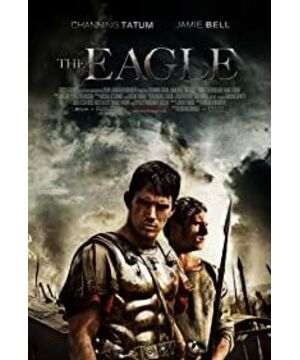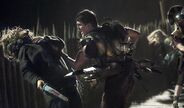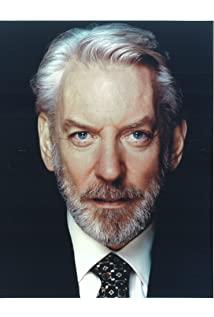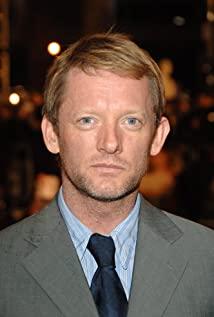At the beginning of the film, the big historical background is explained: the Roman Empire has expanded to the south of Great Britain, and a long wall of Hadrian traverses the whole island. The long wall is the end of Roman civilization, and the other side is the barbarian world.
When the young horse Gus Aguilar chose a difficult position for the shame of the family, and when he arrived at the fortress to be commanded, the film officially started.
Brotherhood, friendship, and rumored passion aside, what I see is the theme of the clash of civilizations, and it's a theme that permeates the show.
Obviously, Roman civilization is the advanced side. The Romans have a sense of superiority over the world. The eagle emblem symbolizes the Romans. If the eagle emblem is lost, the honor of the Romans will be lost, and the Romans who have lost the honor will also lose their superior qualifications. lost everything.
The Romans in the fortress were outraged when the fortress patrol was captured and then tortured to death by barbarians! Although this is obviously a circle - leading them out, but either out of the most basic human nature, or the obligation to be responsible to his subordinates, or to defend the honor of Rome, Aquila went to battle. At this moment, this is for them: rescue comrades, defend the fortress, protect the dignity, no matter what, it is a just battle. But when we hear the fire-eyed tribal chief roaring—the Romans occupied our land, slaughtered our wives and children, and today God told us to destroy these demons—should we still think this is a righteous battle? Rethinking why the Romans built the fortress here, we seem to think that this group of civilized people had the first reason: burning, killing, looting, slaughtering, and doing all kinds of evil are the actions of this group of conquerors who want to eliminate the barbaric and backward with advanced civilization.
Later, Aquila rescued the slave Isaac, and Isaac's father from the barbarian was killed by the Roman legion. Isaac hated everything about the master Aquila, but the morality of the tribe made him give up revenge and willing to serve the master . Is the father of Isaac who was killed by the Romans under Roman values. In their eyes, everything about this barbaric nation is worthless, but Isaac served his father-killing enemies because of the nation's commitment to keeping his promises. is barbaric.
Everything caused by the clash of civilizations.
The Romans (politicians) were reluctant to send another soldier to the north to regain their lost honor, but they said that the eagle emblem in the barbarians was a great irony to Rome, while Aquila had to rely on a barbarian slave to find it back alone What is the irony of the glory that Rome and the family have achieved by slaughtering barbarians?
When Isaac asked Aquila why in the deep forest, was it for his father? He hoped to get a positive answer, so that they would have a common language at this time, but Aquila replied that it was for the eagle emblem and for honor . Of course Isaac wouldn't really help him in order to get back the honor he got from the slaughter.
Everyone hates people who betray their own race, and the Cyr people will kill a child who doesn't understand anything to eradicate the traitor. But Isaac hated the deserters of Rome, but Aquila believed him only because he was still a Roman after all. Is the superiority of higher civilization so unquestionable?
When they fell into the hands of the Cyre, the identities were reversed, the natives became masters, and the nobles became slaves. Roman slaves were cared for by the same slaves—they were the same now, and the "Romans" were no less noble at this time.
When Aquila was beaten by the Cyrus while looking at the native women, Prince Cyr remarked: "The Romans are very savage. I have seen how they treated their captives." Romans, others are You are barbaric in your eyes, and what others see you as, we should all reflect on it.
When we saw the Roman deserters return to the battlefield for honor, we knew that honor was indeed more important to the Romans at this time. But at the same time, the Cyre people have to find Isaac, Aquila, get rid of the traitors, and take back the eagle emblem. Are they not taking back the honor? What is the difference between civilization and barbarism at this time?
After the battle, Aquila said: "Remember those who died in defense of honor—the Romans, the Britons, my and your (Isaac) father." In wartime, all civilizations are worthy of respect, and everyone lives on an equal footing. Wherever there is a difference, they all pursue freedom. Aquila also gave Isaac what was most important was his status as a free man. (Note that this is the plot of the American theme film, not a personal idea)
Originally, this film could have been made into a Roman-era version of "Apocalypse of War", but the director turned it into a recreational film on the same level as "Battle of Los Angeles". At the end of the film, I was ready for the director's sublimation and sublimation. When I saw Aquila, Isaac couldn't help smiling, the ambiguous lines of "you have the final say" and the scene where the two walked out of the hall side by side, I had a blood-like resentment! ———— The whole years of burning passion!
But whether the director is intentional or not, we should indeed get all kinds of reflections on the current clash of civilizations from the film! The so-called "lost track" is also "fascinated" here, "track" here.
View more about The Eagle reviews











